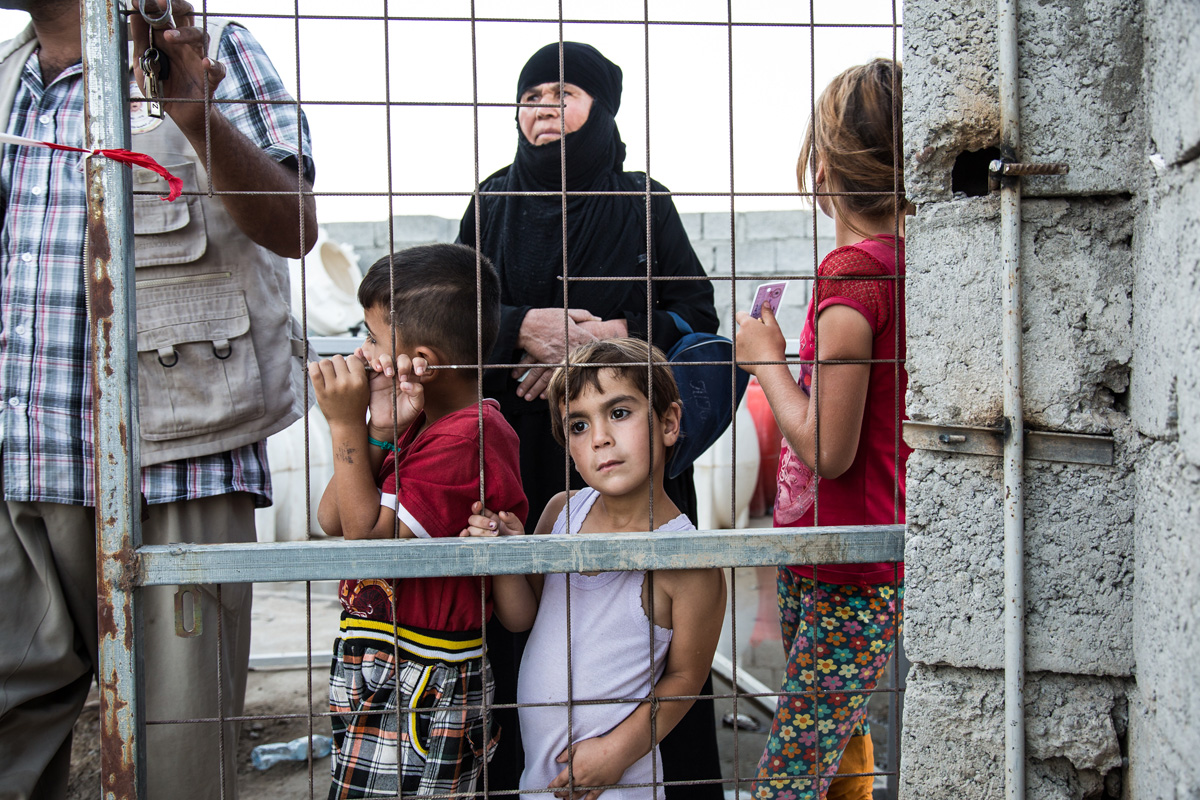Blog Home > human rights
-

Excerpts from leaked UN memo on Abyei violence
June 9, 2011
"On the night of 21 May 2011, SAF attacked and took control of Abyei, amidst artillery shelling, armored tank firing, mortar shelling, and machine gun fire. There was heavy fighting, especially around UNMIS compound, presumably between the SAF and South Sudan Police Services (SSPS) and possibly armed Ngok youths."
-
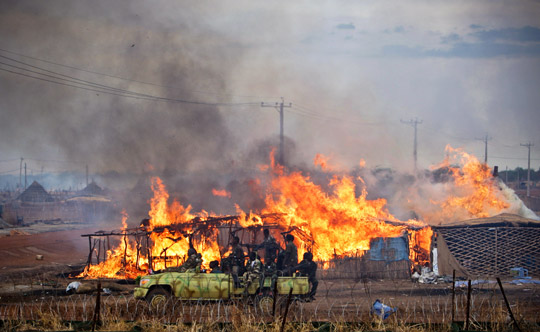
Upsurge in Violence on the Eve of South Sudan’s Independence
June 8, 2011
As the eve of South Sudan’s independence rapidly approaches, incidents of new violence have occurred along the north/south border and new information about violence in South Sudan has emerged.
-
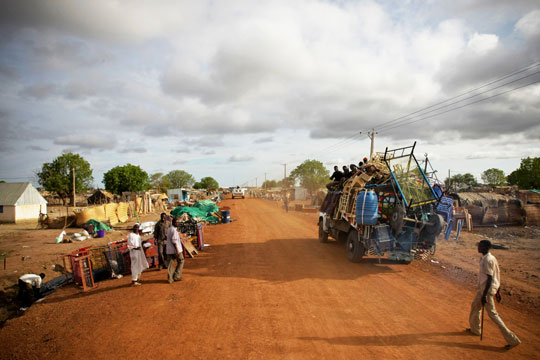
Abyei on the Brink Again
May 23, 2011
Abyei, the contested border region whose final status is not resolved, is once again the scene of violence that has the potential to derail the final negotiations between Sudan’s north and south before South Sudan declares its independence on July 9, 2011. At risk should this violence reignite the larger war are the lives of millions of civilians who have already survived decades of conflict and are eagerly awaiting their chance to build a new future.
-

Threat of Mass Violence Against Civilians in Syria
May 23, 2011
Today, Syria is a country whose civilians are at risk of violence, with an estimated 1,000 people killed since mid-March, and countless others detained or missing. It is also a country whose regime allows little international access by foreign journalists, human rights groups, and aid groups and that offers few response options for those interested in stemming the potential for mass atrocities. As such, it provides a serious challenge for thinking about the limits and needs of a developing international civilian protection paradigm.
-

In Uganda, A Voice for Human Rights is Murdered
January 27, 2011
Yesterday afternoon, David Kato, a prominent Ugandan gay rights activist, was beaten to death in his home near the capital, Kampala. His death comes four months after his picture, name, and home address—along with similar information for several other people—were published on the front page of a local tabloid under the headline “Hang Them.”
-

Kenya Votes Yes
August 6, 2010
At a Museum seminar last year on speech, power, and violence, experts discussed how media, particularly local-language radio and text-messaging, spread hate speech in Kenya prior to and during the December 2007 election violence that left more than 1,000 people dead. Political parties in Kenya divide largely along ethnic lines, and anger over the presidential election results erupted into political violence with ethnic overtones. Human rights advocate Maina Kiai explained (in “Hate Speech and the Political Crisis in Kenya,” PDF), "In cases such as Kenya's, the frustration with the way power is wielded and the overt favoritism that communities whose leaders control the state enjoy, make it easier to fuel tensions and conflicts."
-
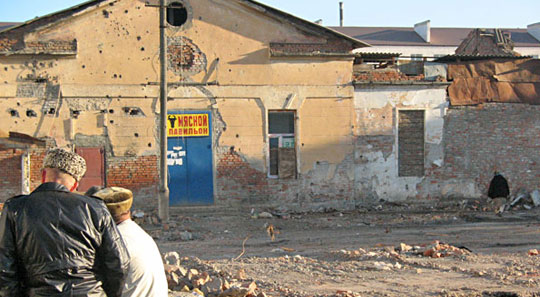
Sinister and Disturbing: An Update from Chechnya
March 24, 2010
After visiting Chechnya on a fact-finding mission last month, British parliamentarians Jo Swinson and Frank Judd described the human rights situation in Grozny as "sinister and very disturbing." From 1999 to 2003, Judd was rapporteur to the parliamentary assembly of the Council of Europe on Chechnya. He resigned from this position in 2003 in protest of the Chechen constitution referendum, which he believed was rigged and which ultimately gave Chechnya more autonomy, but stipulated that it remain firmly a part of Russia. Later that year, Judd explained the disappointments that led to his decision during a program at the Museum.
-
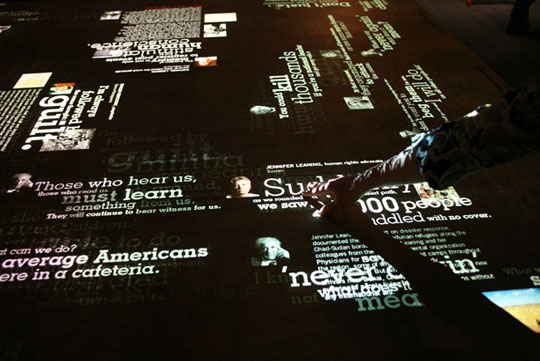
A Winning Spot for our Eyewitness Interactive Table!
March 5, 2010
From nearly 2,000 entries, Communication Arts has awarded the eyewitness interactive table in our exhibit, "From Memory to Action: Meeting the Challenge of Genocide", a winning spot in their Interactive Annual 2010!
-

Preventing Genocide: A Conversation with Ambassador Susan Rice
January 22, 2010
On December 10, the Museum hosted a special program with U.S. Permanent Representative to the UN Susan Rice. Michael Abramowitz, Director of the Museum’s Committee on Conscience, interviewed Ambassador Rice, discussing her work at the UN and her experiences working on issues of genocide and mass atrocities.
-

Living on the Fringes: Roma in Europe Today
January 14, 2010
On Februrary 23, 2009, Robert Csorba and his four-year-old son Robert, Jr. were shot dead as they ran from their burning home that had been firebombed in Tatárszentgyörgy, Hungary. The attack became the latest in a series that involved Molotov cocktails to set ablaze houses that belonged to Romani families. According to Human Rights First, these attacks "reveal a widespread pattern of violence that is often directed both at causing immediate harm to Roma -- without distinction between adults, the elderly, and small children -- and physically eradicating the presence of Roma in towns and cities in several European countries."

